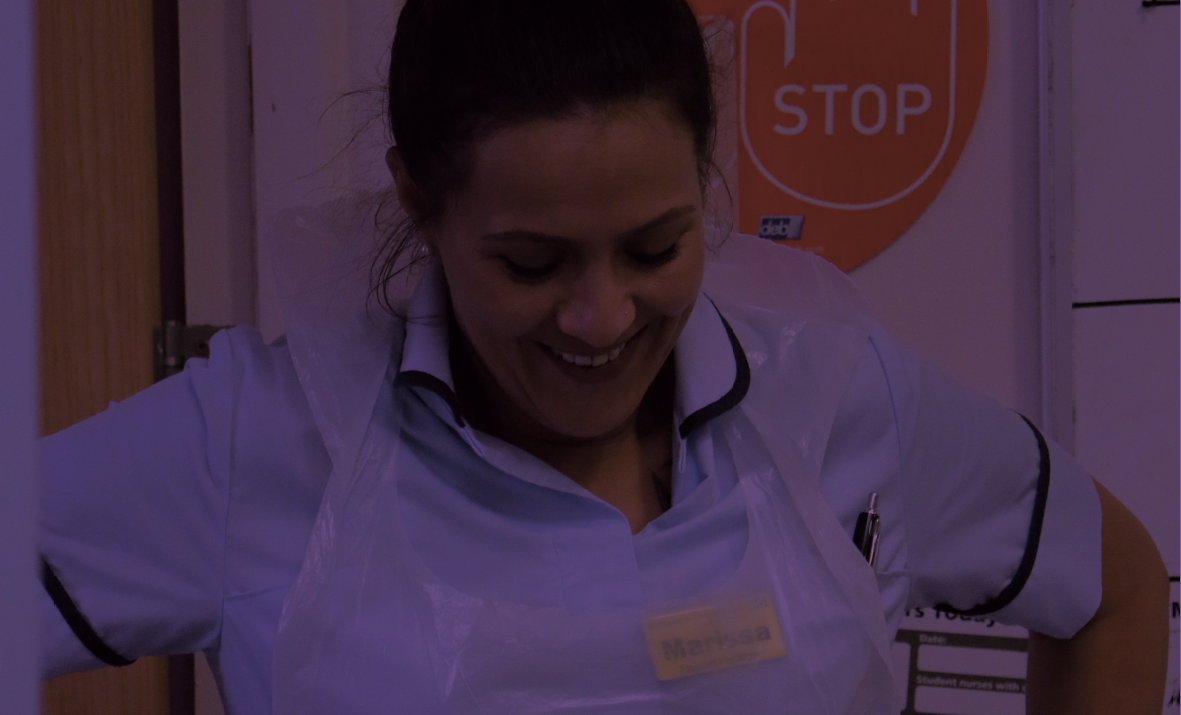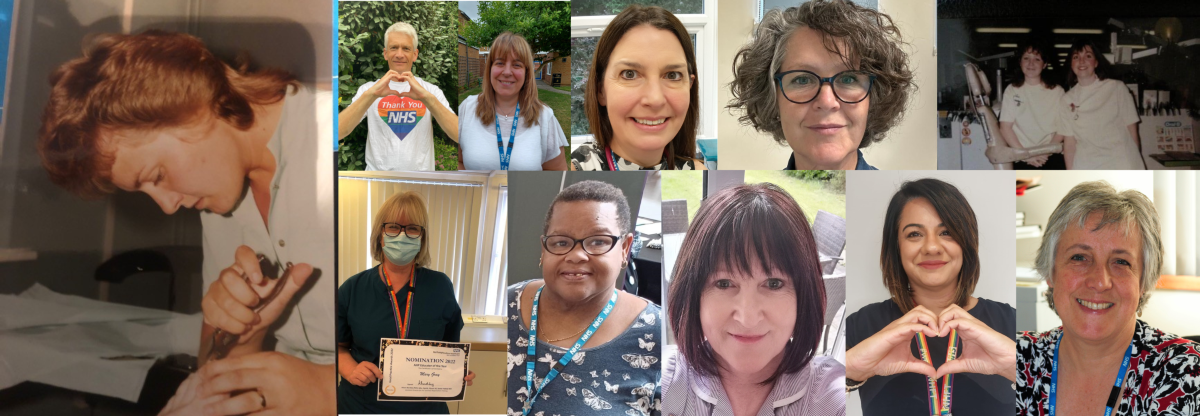Working in secured services as a student

The assumption of working in a prison is one of facing threats, violence and intimidation on a daily basis. From my experience this couldn't be further from the truth, the days can be filled with laughter and gratitude.
It has been a humbling experience and I take great pride in delivering quality healthcare to vulnerable people who are often at the lowest point in their lives. Patients in criminal justice setting present with a broad spectrum of health needs. No two days are the same, now are the patients that we treat and care for, which is one of the many attractive aspects to working within the prison. You can have your day planned out, but you may need to attend ACCT reviews, team meetings, assess an acutely unwell prisoner, attend MDT meeting with the prison to assist with planning their care on the wings. You may encounter an individual who has taken an unknown substance that has resulted in a drug induced psychosis or someone who has a UTI that has triggered an organic psychosis.
Having a placement in the prison has broadened my nursing skills, and has made me think about other ways in which as a team we can support the prisoners with maintaining their mental health and preventing reaching crisis point. I have met people from a variety of backgrounds, and have had the opportunity to learn many different skills from a variety of health professionals. Having a placement within the confinement of the prison walls has been a fantastic opportunity to develop and improve my communication skills. Multidisciplinary team working is essential in a prison and is an integral part of all decision making processes. Not only within the healthcare team, but with the prison staff too.
Having a robust and professional relationship with prison staff makes advocating on behalf of one of our patients much easier, and it helps to get them to see things from a healthcare point of view rather than from a prison point of view. In the healthcare team there is a variety of healthcare professionals, mental health nursing team, primary healthcare team, GPs, pharmacists, dentists, podiatrists, psychologists, psychiatrists, the list goes on. Whilst there is a variety of professionals, healthcare are still advocating for the same level of care that is provided in the community to be provided in prisons, especially in regards to care for older adults, dementia care and for people with ADHD and ASD. I have been supported to take the lead in decision making processes by using my own knowledge and the knowledge of the team around me, this has helped me to create evidence based, effective care plans.
There is always scope for more services and support, and depending on your personal views of prisons ( punishment vs reform) individuals can change their lives and hopefully never to commit a crime in the future, idealistic view perhaps. Before coming into prison, many of the patients that we see have had dysfunctional lives, traumatic childhoods and often suffered abuse. Chaotic lives can mean that their mental health spirals out of control. The prison environment gives individuals structure that can allows them to help themselves, with the support of the healthcare teams. As many of the prisoners are victims of trauma, forming therapeutic relationships with them makes a difference to their lives and I have found this rewarding.
Despite the nature of the crimes that our prisoners have been found guilty of, it is important to remember that they are people at the end of the day, as professionals we have a duty to treat them in a non-judgemental manner. Being thrust into the prison environment has given many of our patients time to focus on bettering themselves, asking for help and support and managing their mental health. Prison nursing can be challenging at times, it is not for the faint hearted, we are privy to private and traumatic information on a daily basis, it can be emotive and can bring up painful experiences and memories for staff. It is important to be emotionally intelligent, resilient and to leave work at the gates. Prison nursing is unique and I am so glad I took the chance experience this field as a student.

